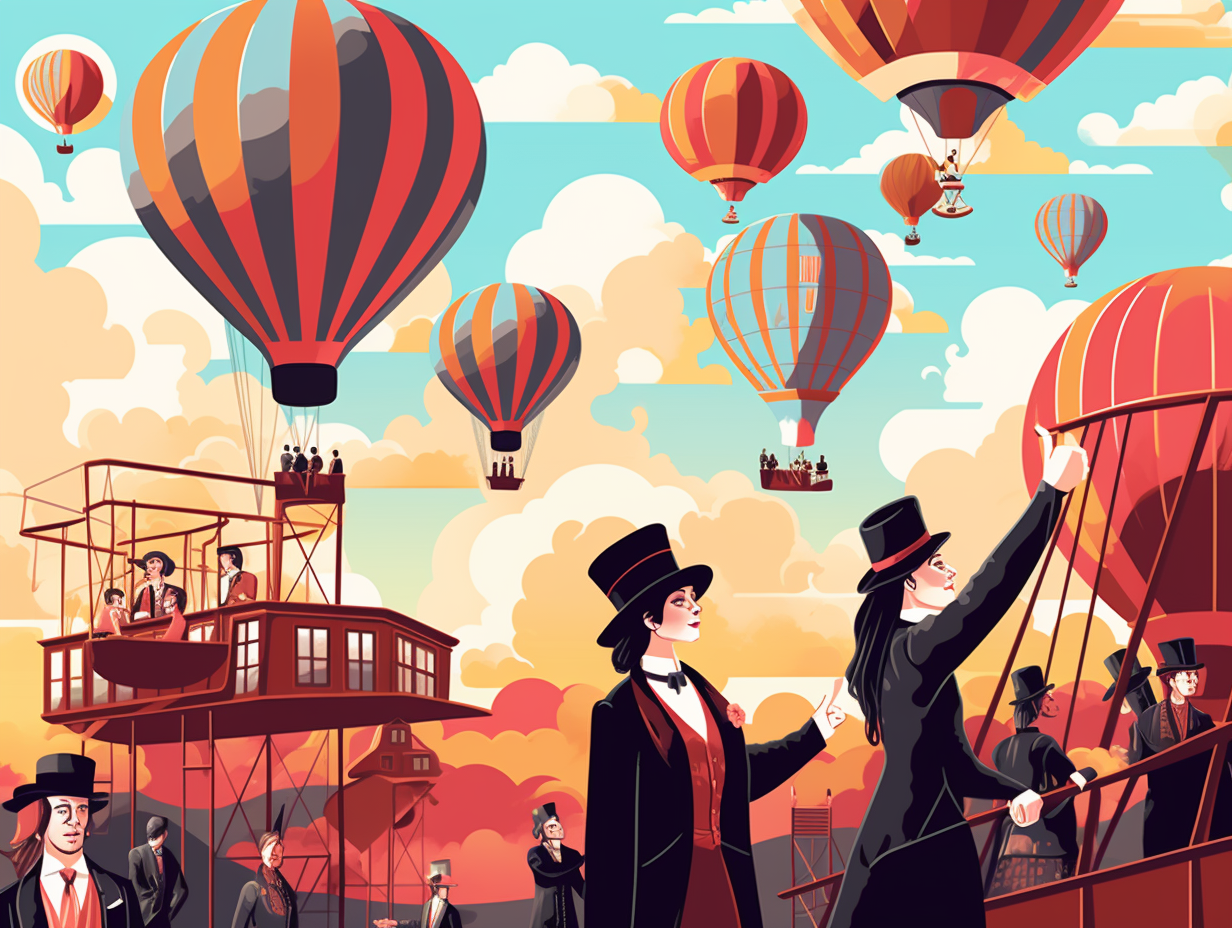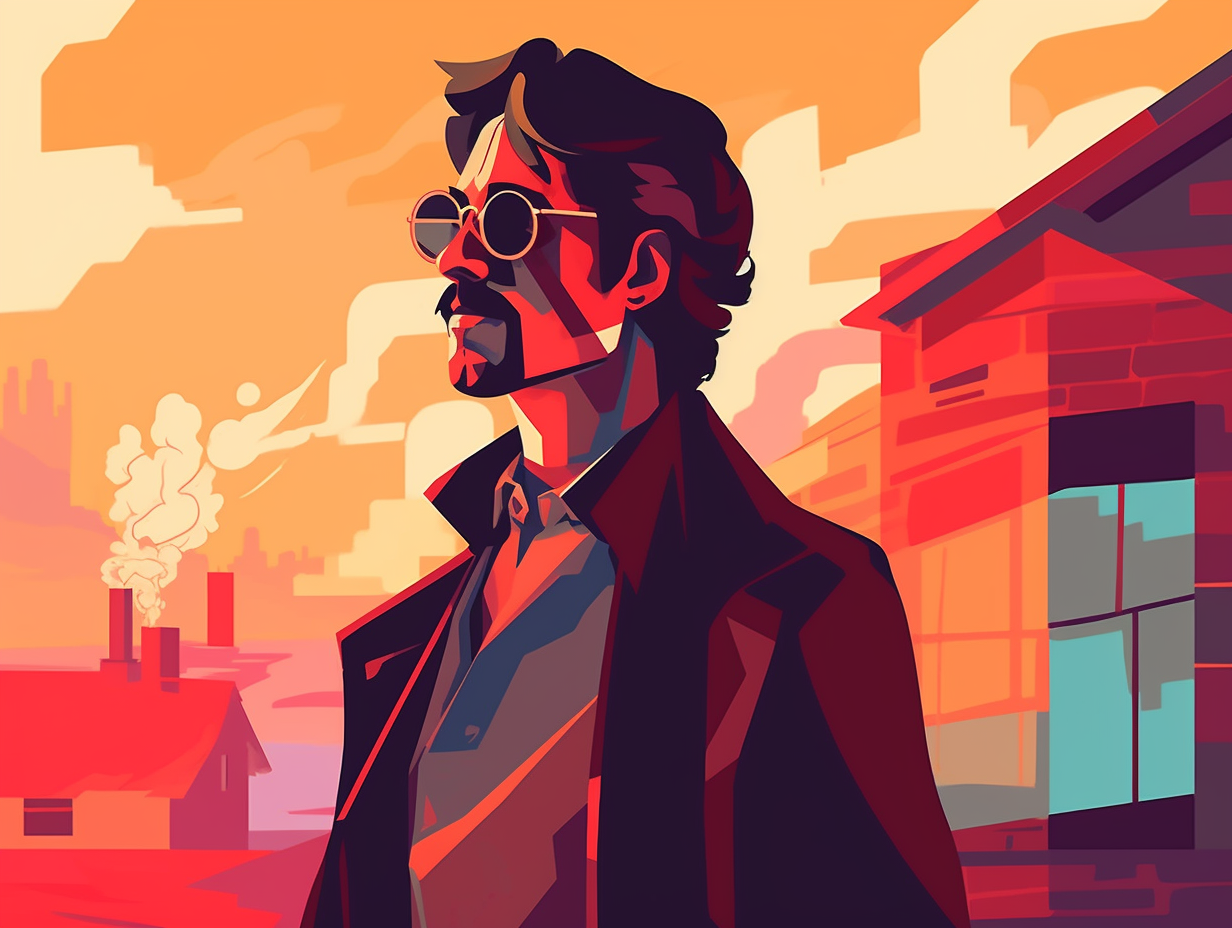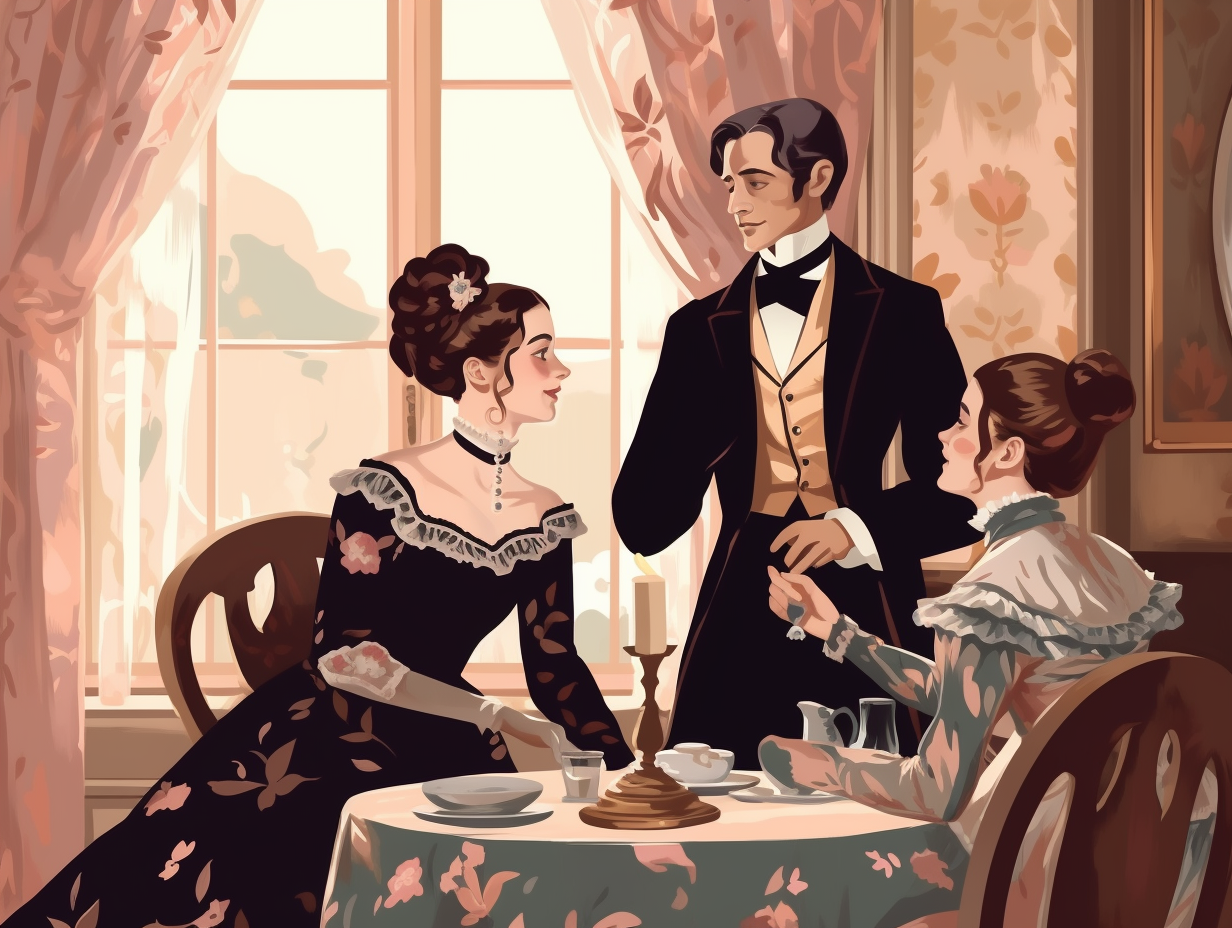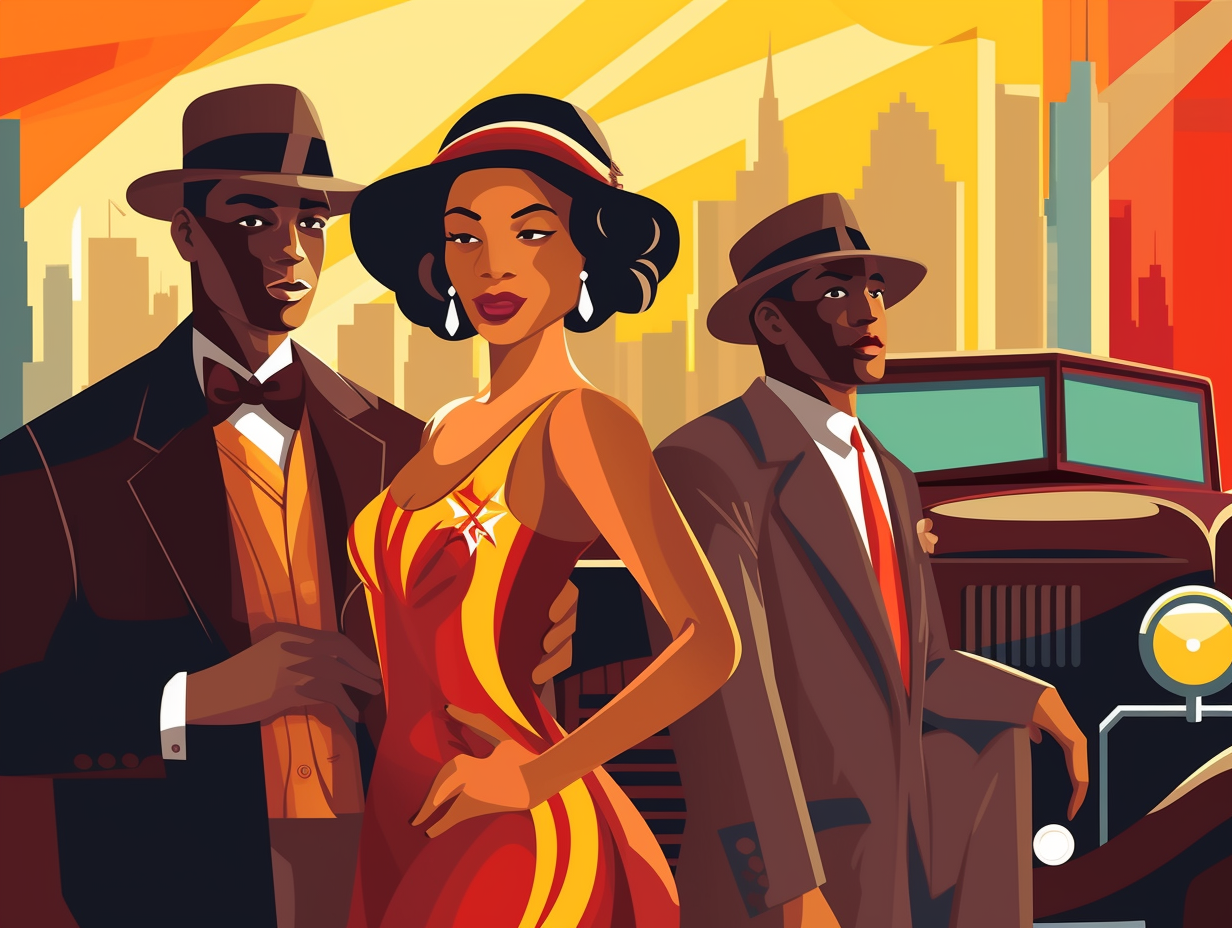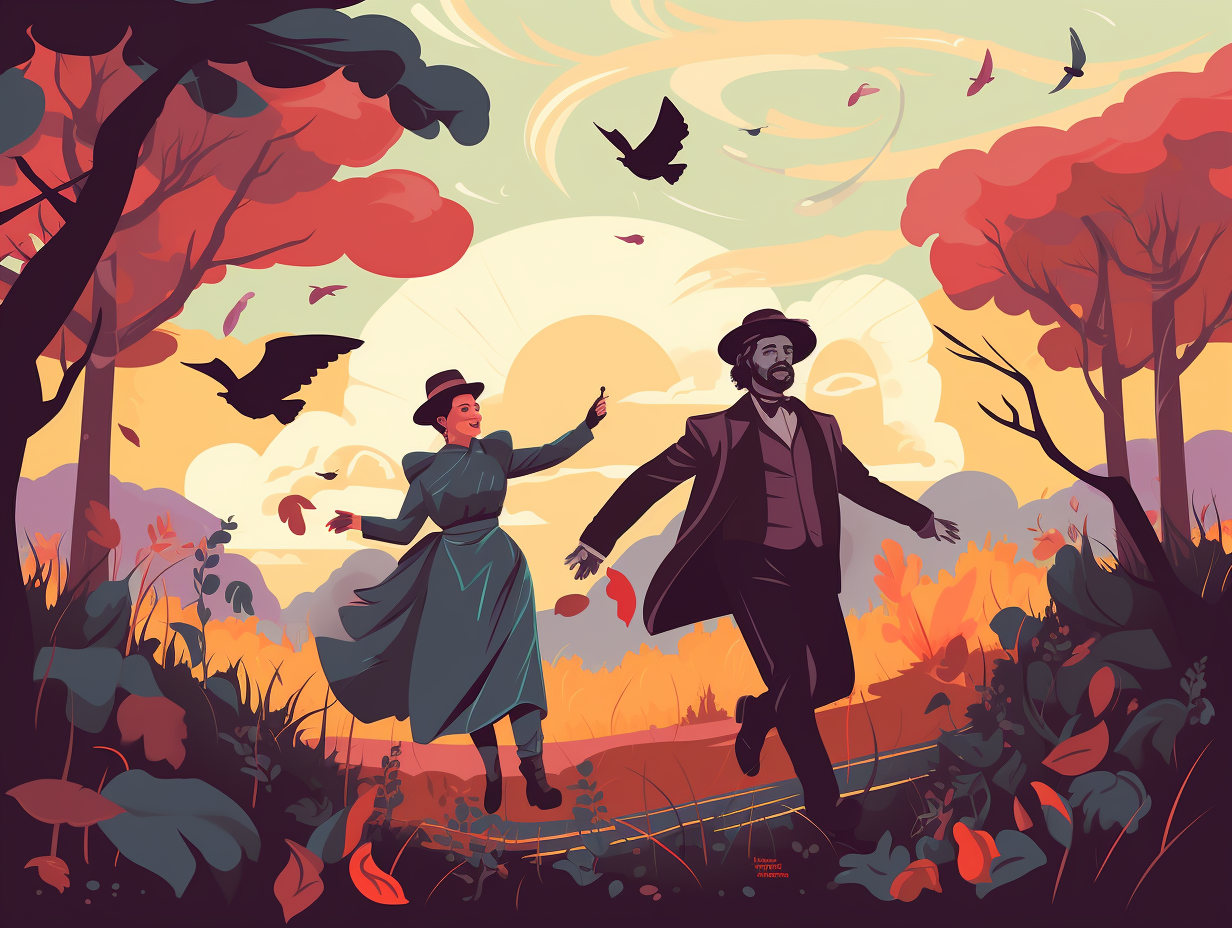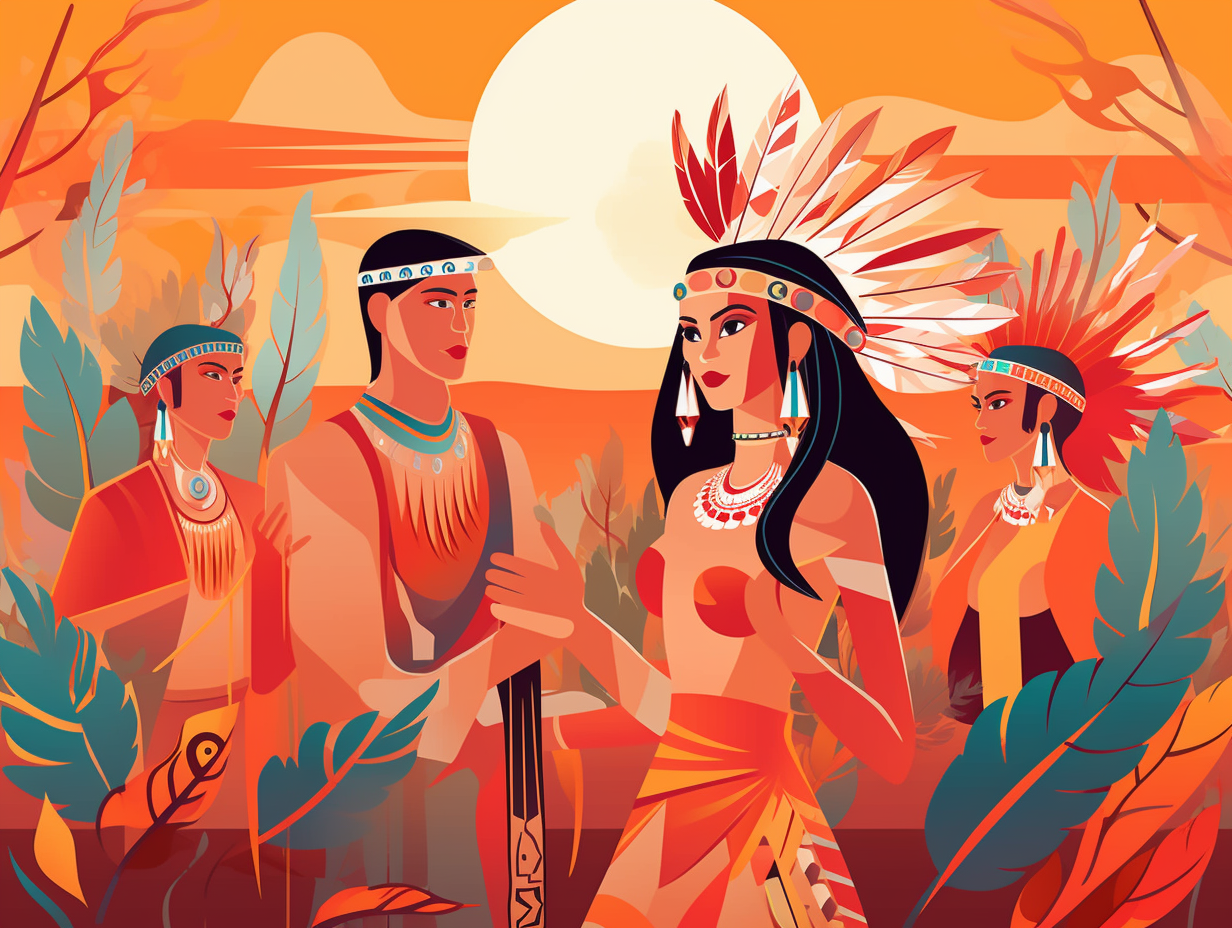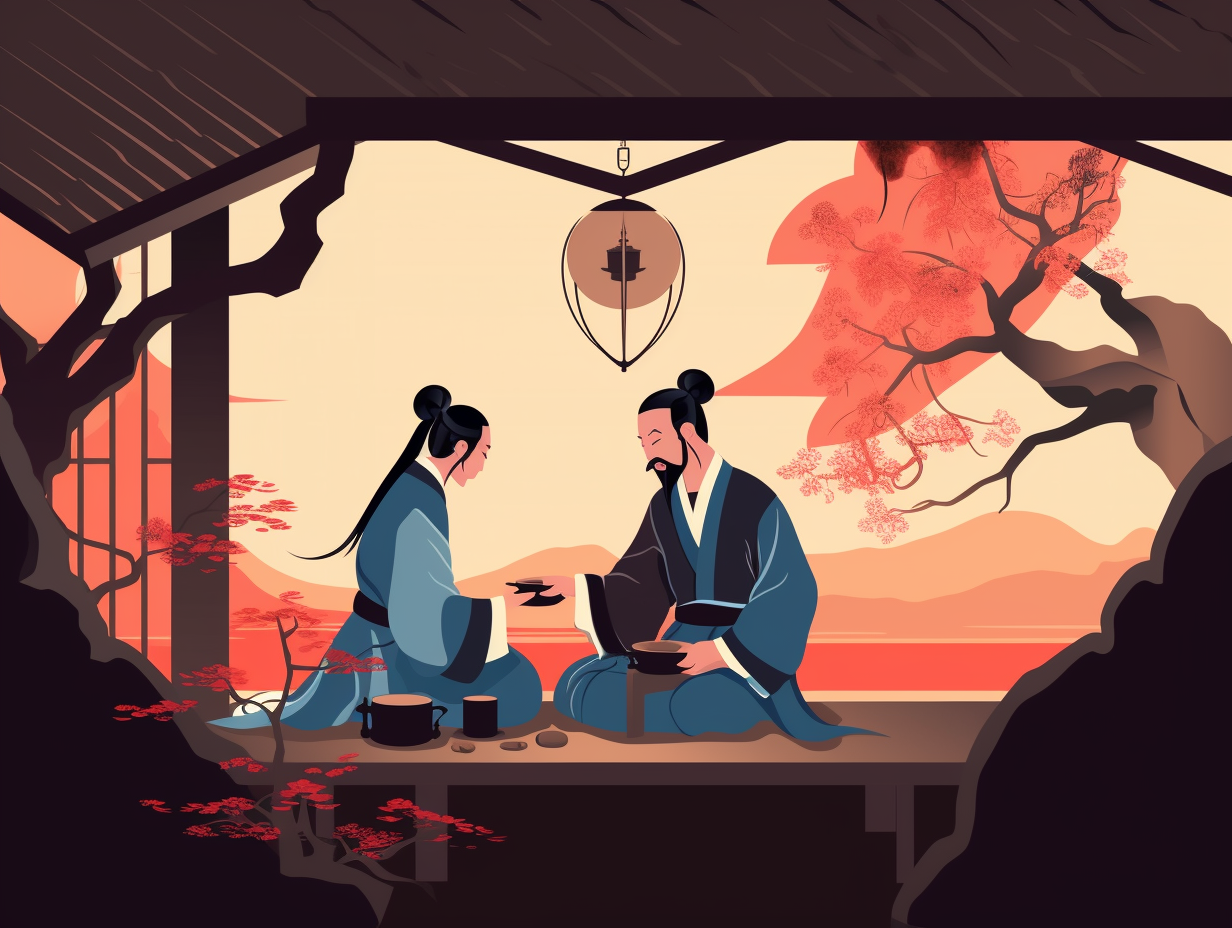Enlighten Your Mind: Top 11 Fun Facts You Never Knew About the Enlightenment Era!
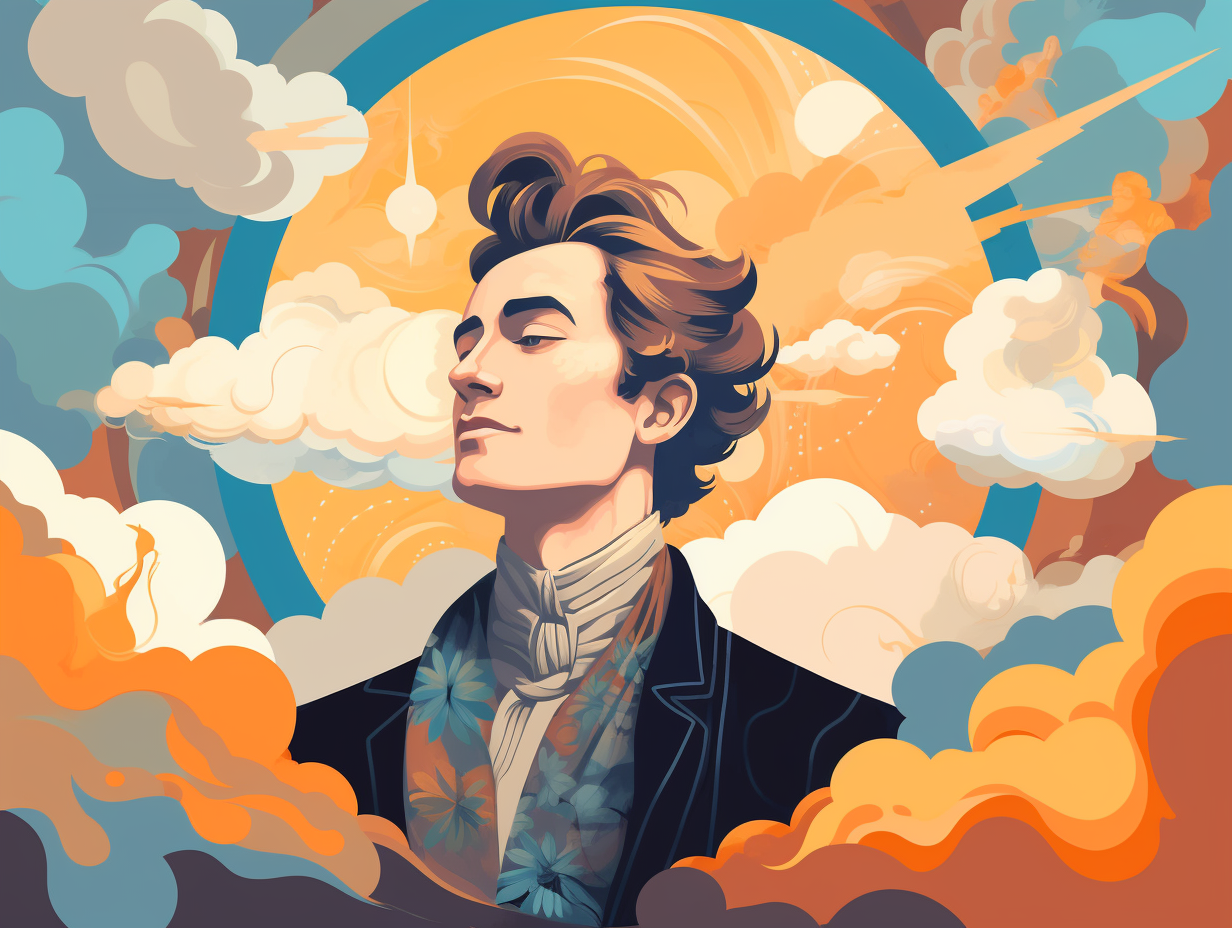
1. Encyclopédie Cofounders' Jail Time
If the Encyclopédie were a sitcom, it would be called "Friends who Write Together, Spend Time in Jail Together": This monumental encyclopedia, edited by Denis Diderot and Jean le Rond d'Alembert, became a game-changer in spreading Enlightenment ideals and secularization of learning – taking knowledge out of the hands of Jesuits and placing it in the hands of everyone. Featuring an impressive ensemble of named contributors, it delved into the depths of arts, science, and technology, and ruffled feathers to the point where some editors ended up with a not-so-funny vacation behind bars.
Source => en.wikipedia.org
2. Candide's Misfortune-Riddled Life
If you think bad luck follows you like a shadow, give Voltaire's star character a round, and he'll change your mind in a jiffy: "Candide" is a satirical novel that smashes the Enlightenment's glittery optimism against the rocky shores of reality, painting a picture of life's absurd mishaps and urging readers to take off their rose-colored glasses. Talk about throwing down the gauntlet!
Source => cram.com

Did you know that Ancient Athens had a Wheel of Fortune-style game show for selecting government officials? Citizens placed tokens in a kleroterion, and a roll of the dice decided their political fate! Discover more about this fascinating method of unbiased democracy.
=> Fun Facts about Democracy
3. Mozart's Multilingual Mastery
Who knew that Mozart was a toddler virtuoso savant and a cunning linguist, slapping both keys and kings with equal panache while juggling languages like a linguistic circus act?: This musical prodigy started composing at the tender age of five, casually mastering keyboard and violin, while speaking multiple languages taught by his father, and performing across Europe in front of royals, before creating a treasure trove of symphonies, concertos, chamber music, operas, and choral pieces - some so lit they remained unfinished at his tragic demise at 35.
Source => en.wikipedia.org
4. Coffeehouses as Penny Universities
Forget Hogwarts – the true school of witchcraft and wizardry was the local coffeehouse, where the price of a latte granted access to a world of wisdom: During the Enlightenment, English coffeehouses became known as "penny universities" because the cost of a cup of coffee allowed anyone to engage in intellectual discussions, leading to the birth of new ideas and significant roles in the American and French Revolutions.
Source => history.com

5. Kant's Philosophical Exploration
Hold your horses, Johann Lambert: Immanuel Kant didn't need a tall tale to come up with his revolutionary ideas! In fact: Kant's groundbreaking concept of transcendental idealism, found in his Critique of Pure Reason, was birthed from years of intense philosophical examination, as evidenced by a vast collection of his writings and letters, and still manages to captivate the minds of modern thinkers.
Source => plato.stanford.edu
6. Locke's Radical Political Philosophy
In a land where power was passed down like bad recipes at a family reunion, John Locke rocked the political boat with his revolutionary philosophies: Locke argued that political power should stem from the consent of the governed and boldly claimed that punishment required law, limiting individuals' ability to judge their own cases, ultimately leading to the establishment of civil society and the transfer of the power to punish to the government.
Source => plato.stanford.edu
7. Wollstonecraft's Romantic Escapades
Before she began cracking glass ceilings, Mary Wollstonecraft was busy cracking the 18th-century dating game: a daring romantic diva who defied expectations, raising eyebrows and heartbeats as she lived out her passions. Quite the drama queen, right?: In reality, she was a leading Enlightenment philosopher, pushing the boundaries for women's education and rights, authoring invaluable works under her own name, despite societal backlash, and yes, engaging in unconventional love affairs—like with rugged American adventurer Gilbert Imlay, with whom she had a child out of wedlock!
Source => en.wikipedia.org
8. Napoleon's Celestial Fascination
Napoleon Dynamite may have loved tetherball and dancing, but his real-life namesake had a soft spot for celestial mechanics – all thanks to a certain French mathematician: Pierre-Simon Laplace's profound theories and contributions to the field of astronomy were so awe-inspiring that he was appointed Minister of the Interior under Napoleon Bonaparte's rule, despite no evidence linking Laplace to inspiring Napoleon's love of the starry sky or sparking a telescope hoarding habit.
Source => en.wikipedia.org
9. Thomas Jefferson's Library Legacy
They say you can't judge a book by its cover, but Thomas Jefferson's collection would make you want to hit the books just for the fun of it: Not only did the Founding Father's personal library help shape the nation by providing inspiration from Enlightenment darlings like John Locke and Montesquieu, but it also became the core of the Library of Congress when TJ playfully parted with his prized possessions in 1815.
Source => oll.libertyfund.org

10. Descartes' Scientific Discoveries
René Descartes: Part-time philosopher, part-time light particle whisperer, and full-time debunker of Hogwarts' potions class. In a not-so-magical twist: Descartes combined a priori reasoning with empirical observation and experimentation to understand the principles of reflection, refraction, and light particles, ultimately laying the foundation for the modern scientific method.
Source => iep.utm.edu
11. Erasmus Darwin's Evolutionary Poetry
What do you get when you mix a mad scientist with Dr. Seuss? The poetic stylings of Erasmus Darwin! Known as the wacky grandfather of Charles Darwin, Erasmus spun tales of evolution into rhymes that walked the line between science and art: Though largely overlooked during the transition from Enlightenment to Romanticism, Erasmus Darwin's poetic works, such as The Temple of Nature, foreshadowed the theory of evolution and demonstrated his dedication to uniting science and poetry in a unique and expressive manner, inspiring the likes of Shelley, Coleridge, and Wordsworth.
Source => aeon.co
Related Fun Facts

